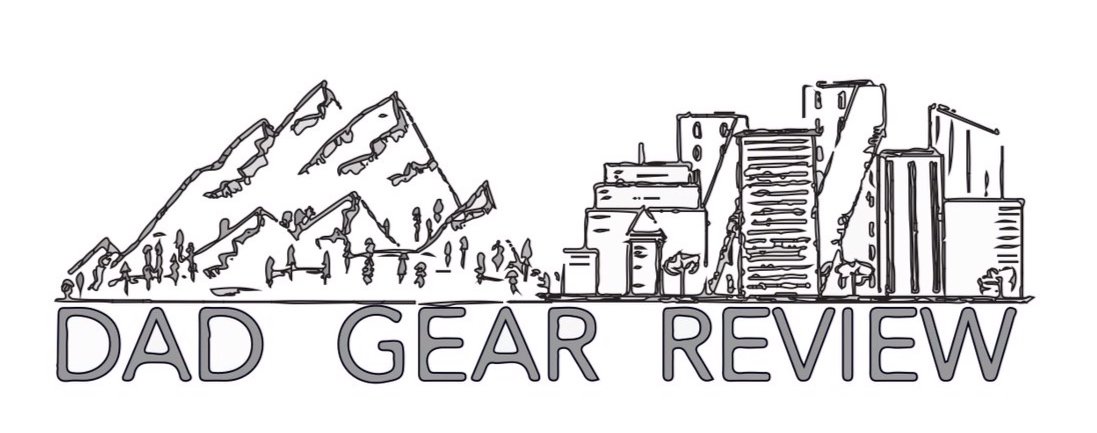
HOW TO CAMP IN HOT WEATHER
According to Bill Gamber, Founder of Big Agnes
What’s the best time to go camping? Right! Any time you can — be it in chilly winter weather, be it a mild spring day, be it the sultry summertime, or be it a crisp fall weekend, it’s always great to get out into the wilderness.
OK, let’s be honest: fall is the best camping season. But it’s not always autumn, so let’s pack up the tent and sleeping bags and stove and whatnot and get out there anyway. The thing is, in some seasons, namely winter and summer, the conditions can be a major factor in the success and even the safety of a camping trip. Today, we’re focused on hot weather camping.
According to Ready.gov, any period lasting two or more days with temperatures hovering above 90 degrees Fahrenheit and with high humidity is considered an Extreme Heat event, and during this phenomenon, heat exposure can be dangerous or, in the worst cases, even deadly. If the forecast calls for extreme heat and humidity, it’s probably best to call off your camping trip (or trek, paddling adventure, or afternoon of fishing).
If it’s simply going to be pretty damn hot, however, you can still get after it and have a good time. But you need to prepare for hot weather camping with care lest you say safe — and not miserable.
To get some expert hot weather camping advice, we reached out to Bill Gamber, the founder and president of a DGR favorite company, Big Agnes, the brand behind a host of fine tents, packs, sleeping bags, and more.
What are some of the ways camping in hot weather differs from fair weather camping, especially ways that may not occur to some people?
“Heat brings new issues to be aware of such as prolonged sun exposure, extra dry or humid environments, and increased threats of dehydration. You can get severely dehydrated and sunburned very rapidly in certain environments, so you need to ensure you’re drinking tons of water and staying in the shade in the hottest parts of the day. Remember to look out for your dogs too, as they can rapidly overheat! Additionally, summer heat can dry up creek beds, so make sure you’re adequately prepared and know where you’ll have water.”
What are essential elements of your kit for hot weather camping, from lighter sleeping bags to other bedding options?
“Hot weather camping requires a lighter or lower temperature sleeping bag — such as our V Notch UL 40° bag — and creating your own shade shelters like [with] a Deep Creek Tarp, which can help beat the heat after recreating.”
“Other helpful and essential items to bring with you would be a battery-operated fan to keep hot or stale air moving, long sleeve shirts for hiking for sun protection, light clothing for sleeping, and umbrellas or large hats for hiking and backpacking to keep sun off your body. Hydration-wise, make sure you bring more than enough water, or you have other means of purifying water.”
What are needed precautions for safe hot weather camping? And ways to make the outing more enjoyable?
“Planning ahead is important for hot weather camping, especially since you are more prone to symptoms of dehydration and heat exhaustion from sun exposure. You can combat those issues by packing plenty of water, extra ice packs or frozen water bottles, sunscreen and UPF-protective clothing, and by setting up shade or awnings to provide relief from the sun. Stay out of the sun during the hottest parts of the day, and try hiking in the early morning or late afternoon. And make sure you check local reports on water and streams.”
What are some good "hacks" for camping in the heat?
“The best ‘hacks’ for camping in the heat are to stay cool by camping near swimming lakes or rivers and staying on top of personal hygiene with use of wet wipes, solar showers, or swimming in those lakes and rivers. These hacks will help keep you refreshed and cool in the heat.
What are some things to make sure you avoid when hot weather camping?
“Avoid moments of heavy activity during the hottest time of the day by timing your recreation, especially with young children and pets, to beat the heat. Again, plan ahead to find or create shade for yourself to relax in or look for other activities during those times of high heat. Also, stay hydrated throughout the day and keep drinking water.”
When do temperatures/conditions get so cold/humid/inclement that it's just not a good idea to head out there?
“I believe that is up to the individual and their level of experience, tolerance, equipment, familiarity with the local environment, and their ability to adjust to the heat. If you’re in doubt, maybe wait for a cooler day to take on an outing.”
photos c/o Bill Gamber/Big Agnes

